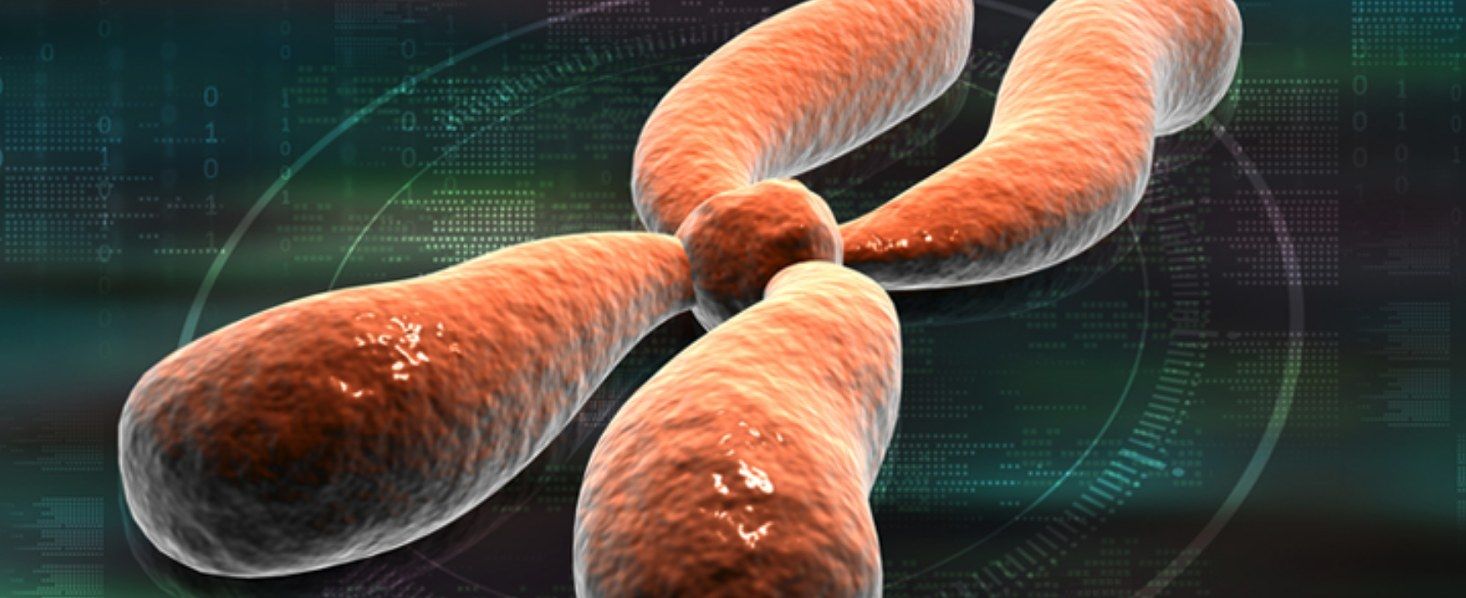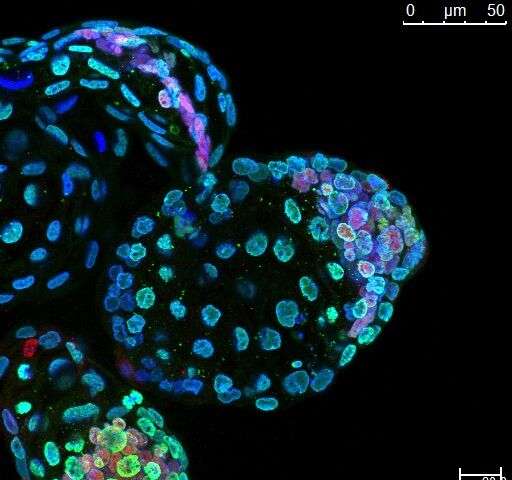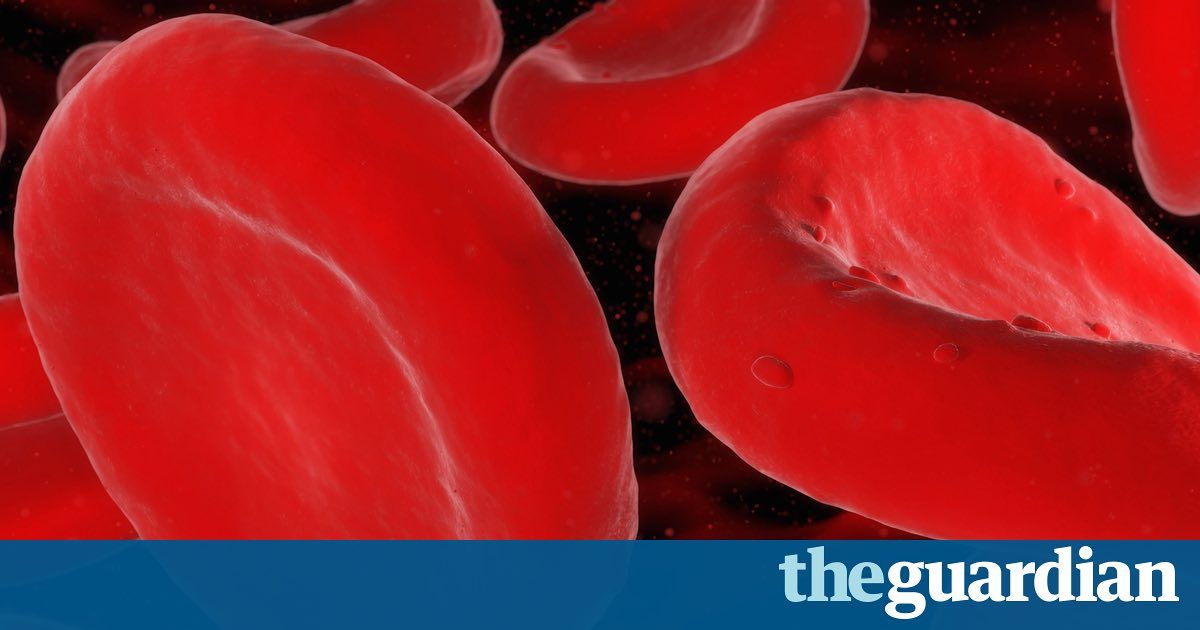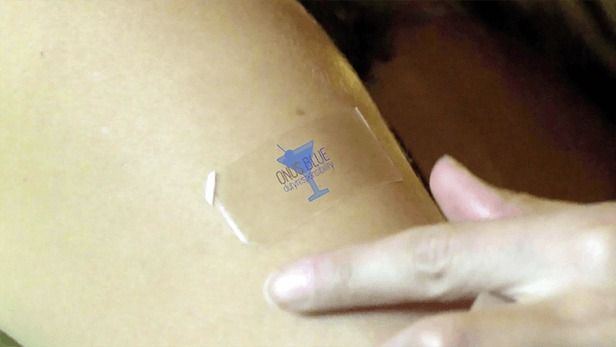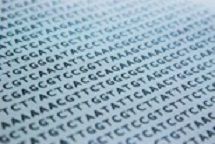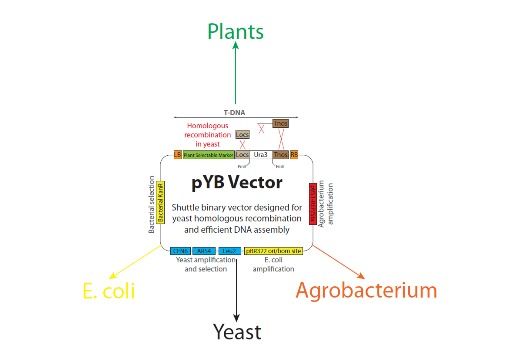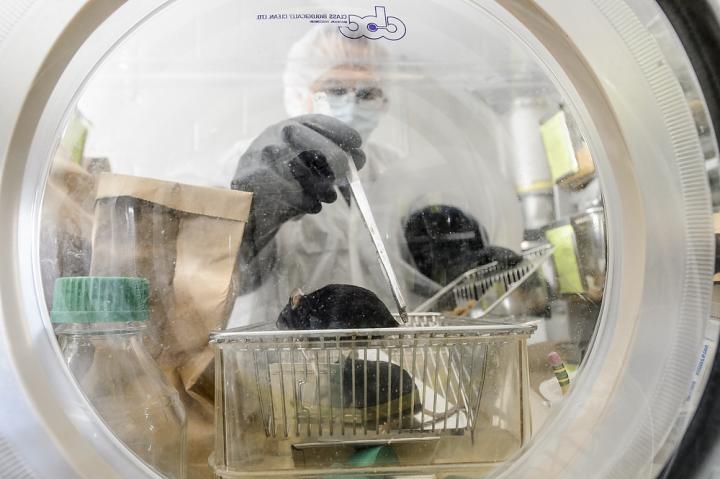Nov 26, 2016
Human cells with ‘built-in circuit’ can kill cancer cells
Posted by Karen Hurst in categories: bioengineering, biotech/medical, genetics
I have been evangelizing this for a while and glad to see others chiming in.
London, Nov 26 (IANS) Researchers have engineered cells with a “built-in genetic circuit” that produces a molecule that impairs the ability of cancer cells to survive and grow in their low oxygen environment.
The genetic circuit produces the machinery necessary for the production of a compound that inhibits a protein which has a significant and critical role in the growth and survival of tumours.
Continue reading “Human cells with ‘built-in circuit’ can kill cancer cells” »

